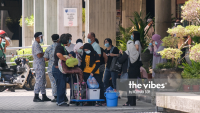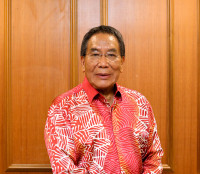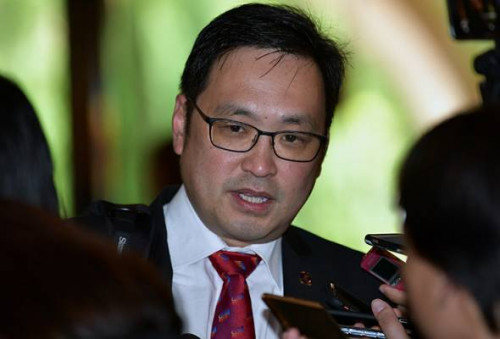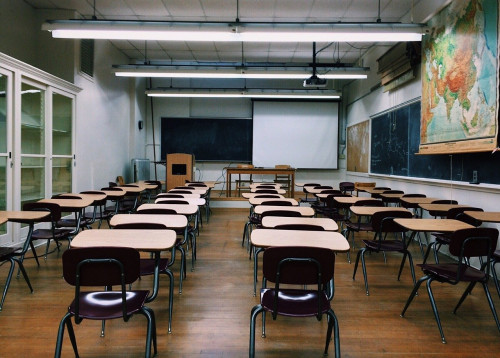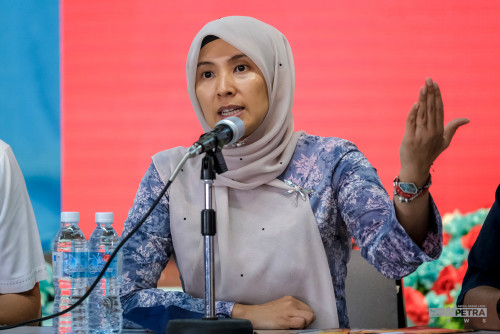
WE may have unwittingly engendered an evolution in the roles of the monarchy, a change arising from circumstances and necessitated by, what else, politics.
Our constitution suggests that the king and sultans stay above politics and to concur to what has been democratically decided. These days, though, when politicians run amok with claims and counterclaims, seemingly unfettered, we seek the calm and measured tones of the monarchy to dial things down.
Unbridled political antagonism will soon be replaced by demands of decorum in the vicinity of royalty. Even if there were republicans among the members of Parliament, there must surely be some, they tend to be better behaved, sit up straighter, dress neater and be less belligerent.
It seems that a visit to the palace can ease impasse and generally gets everyone to agree. While the king and sultans do not influence the outcomes, they do help people to cut through the hypes and hyperboles.
Rather than being largely ceremonial, our king and sultans now are having a more active role in our politics; also a critical component to the democratic process, especially when democracy is less certain of its outcome.
Based on predictions of pundits, going forward, this role is likely to remain for a while yet given that governments with strong majority will indeed be a rarity. The expected diverse allegiances and ideologies will instead encourage coalitions of common interest. For that to happen they need an incentive to get together and get things done, and presumably a referee to see that they do not engage in foul play.
In times of great confusion, it has been shown, the royal houses can have a calming effect.
For instance, in Perak, in 2008, the sultan and crown prince played a key role in upholding the democratic process and the setting up of a new state government from what were previously opposition parties’ members.
The royal house also denied Barisan National’s intention of forming a minority government despite having lost the majority. Through its consultations with parties in the fledgling Pakatan Harapan – the DAP, PAS and PKR were contesting on their own tickets, then – it decided that they were indeed working together and hence should rightfully form the government.
The royal house was again in the limelight a year later when the government fell, after it again established following meetings with state assemblymen who switched allegiance, that indeed the administration had lost its majority.
While there were some who were selective in their assessment of the situation then, it was clear that the sultan had stayed true to the constitution when guiding the formation of the state government in both instances.
The same happened last year and this month when MPs trudged to the palace in busses and cars, to be interviewed, each one of them, by the king, on with whom their support lie, thus the appointment of Tan Sri Muhyiddin Yassin and Datuk Seri Ismail Sabri Yaakob as prime ministers, respectively.
The King had stepped in when politicians failed to arrive at an acceptable solution. With everyone claiming to have a majority, the elected representatives must cast their support in front of the king who was keeping scores.
In such a situation, the parties could have gone to the courts to settle the disputes. However, we know that while the courts may arrive at decisions, they cannot douse the flames of partisan politics.
The courts may require decorum and civility, but battling parties are seldom so inclined. Coming out of the throne room, however, people tend to behave better.
It seems that apart from several absolute monarchies left, our king and sultans have substantially more say than perhaps the Queen of England, after whom we style the roles of our royals to be.
Never, at least in these modern times, has the monarch of England been involved in the process of selecting a prime minister, for instance.
Instead of “Ma’am, can you help verify my support?”, a would-be prime minister of Britain is more likely to say, “Ma’am, I have the mandate to form the government.”
It must be said, though, the royals have lent some sense of stability in the chaotic world that is politics. The deference to the institution requires politicians to behave better, too.
With the people looking on, elected representatives seem to be at their best behaviour when dealing with the king and sultans. It is not just the laws that keep them in check, but it makes for a bad image to be crass and disrespectful at someone trying to resolve a situation that they created.
Getting the king to be involved takes the venom and spite out of the political marketplace where allegiance and loyalty are traded.
Incidentally, by agreeing to be interviewed, the politicians have concurred that they were now subject to the outcome of a process designed to recognise the monarchy as an active participant in the democratic process beyond what they have been before. They also acknowledged that the king or sultan was someone who could get them through an impasse or a complex political conundrum.
This is significant as it recognises a new role of the monarchy in the political process – the king and sultans verifying allegiances is a role perhaps never thought of when the constitution was framed. It is up to history to judge if this is a positive development.
Nevertheless, putting the palace in a position of benevolence and impartiality – a place of last resort – is consistent with the Rukun Negara, in which we pledge our loyalty to the king and country.
Incidentally, whether having a more active monarchy is a good thing or not is moot if politicians behave themselves. If they behave well, then the monarchy will be less likely to be involved. – The Vibes, August 31, 2021
Datuk Zainul Arifin Mohammed Isa is a veteran newsman with more than 35 years in the business. He is executive director of operations at PETRA News



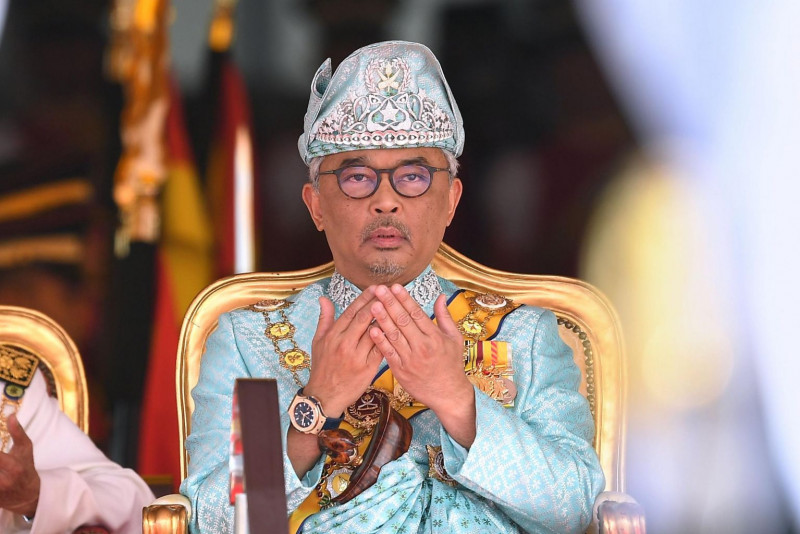
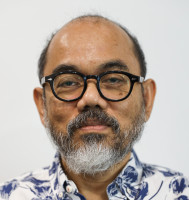
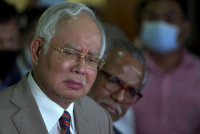

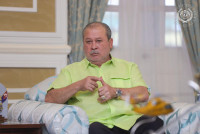
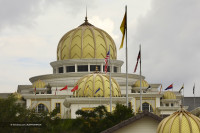
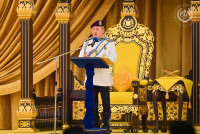

.jpg)
